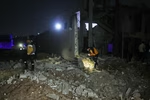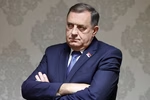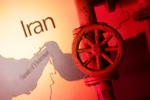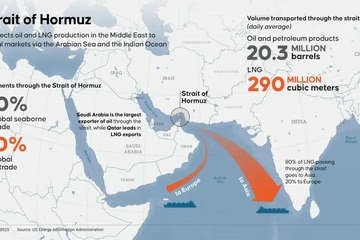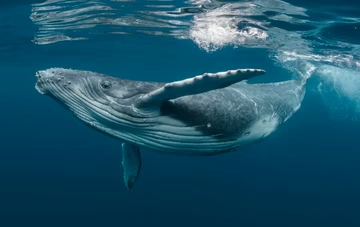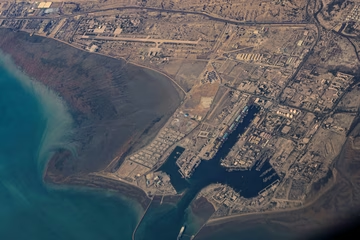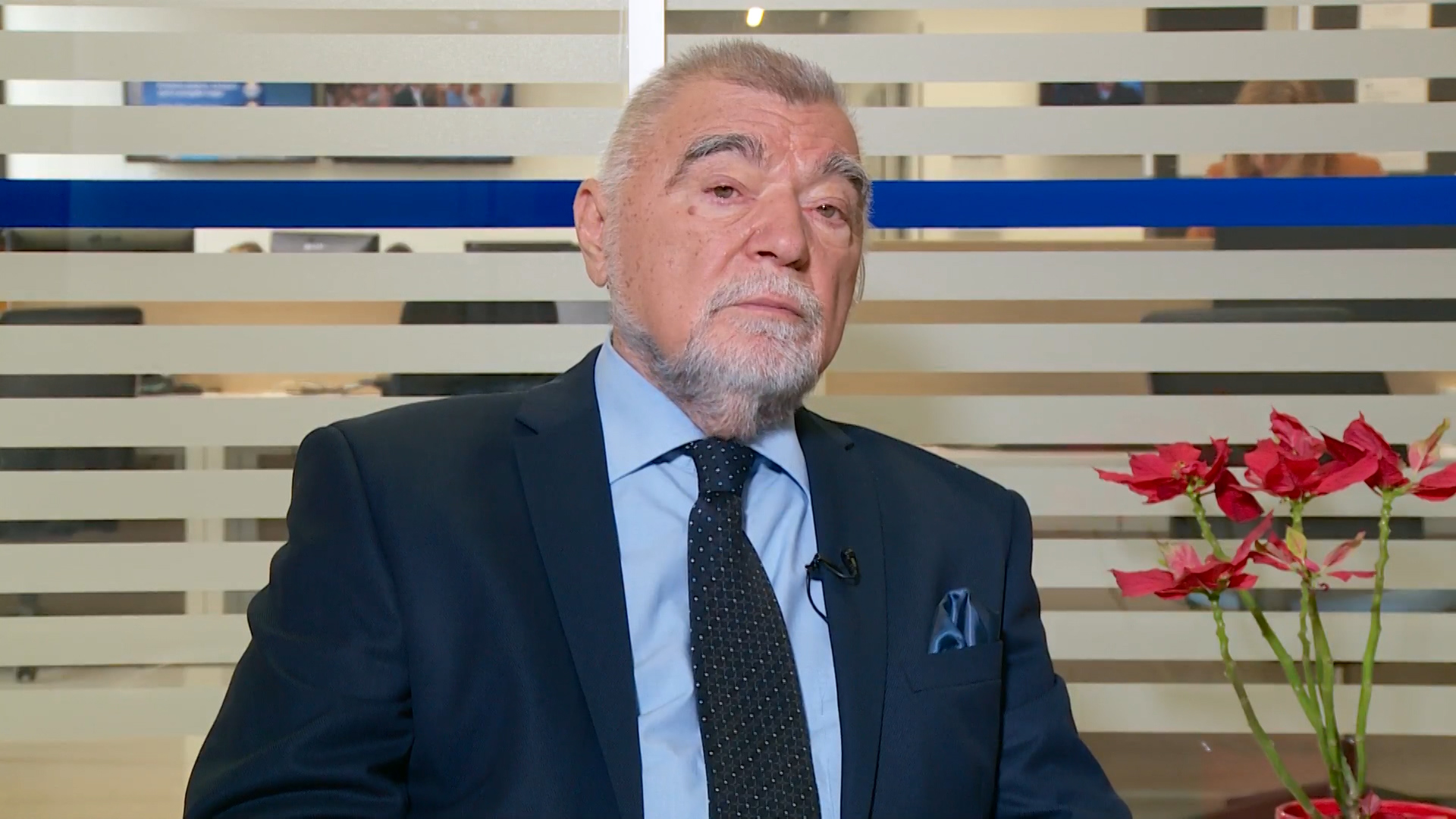
A Bosnian Croat declaration rejecting the ruling of a UN court that classified the wartime Bosnian Croat statelet as a 'joint criminal enterprise' is the continuation of a failed policy, former Croatian President Stipe Mesic told N1 on Tuesday.
The Croat National Council (HNS) adopted on Saturday the Declaration which says that the war Bosnian Croat forces fought in the 1990s was “just and legitimate” and not a joint criminal enterprise as the UN war crimes tribunal had labelled it in a 2017 ruling.
The war crimes the Croatia-backed force committed while establishing in 1993 the self-declared statelet of Herzeg-Bosna were “not the random acts of a few unruly soldiers,” the judges of the tribunal in the Hague-based International Criminal Tribunal for the Former Yugoslavia said when they sentenced six Herceg Bosna leaders to a total of some 110 years in prison.
“We reject the joint criminal enterprise qualification of the International Criminal Tribunal for the Former Yugoslavia with it has groundlessly and unjustly attributed to the Republic of Croatia, the Croat Republic of Herceg Bosna and the Croatian Defense Council,” Saturday’s Declaration said.
“I think that it is not necessary to take stances on this because nothing can be achieved,” Mesic said.
“There is no point in attacking anything that has been resolved in the Court in the Hague, as none of it can be changed,” he explained.
The former Croatian President also commented on the attendance of Dragan Covic, the leader of Bosnia’s main Croat nationalist party, the Croat Democratic Union (HDZ), at the controversial January 9 ceremony where the establishment of Bosnia’s Serb-majority region, Republika Srpska (RS), was marked.
“Nothing that Covic does can surprise me anymore,” Mesic said, adding that Covic’s policy has “lost any credibility.”
The HDZ is angry because Covic lost his seat in the tripartite state presidency to a left-leaning Bosnian Croat. The HDZ is arguing that Bosniaks elected Zeljko Komsic as the Croat member of the institution because they are numerically dominant and therefore Komsic is not a legitimate Croat representative.
Neighbouring Croatia has strongly supported this claim and has lobbied with EU institutions against such election results in Bosnia.
Covic has, meanwhile, found an ally in Serb nationalist Milorad Dodik who was elected to represent the Serbs in the tripartite presidency.
Dodik has been advocating for years for the Bosnian Serb part of the country, Republika Srpska, to secede.
“I think that no serious solution can be found this way, because it is a policy which is ignoring notorious things,” Mesic said, stating that Croatia removed it’s ambassador to Bosnia because he attended Dodik’s January 9 ceremony that celebrated the birth of Republika Srpska while endorsing Covic who also attended it and this way “supported a notorious destroyer of Bosnia and Herzegovina, Mr Dodik.”
The HNS Declaration does not solve the issue of Croat expulsion from the northern Posavina region, Mesic argued, saying that that is an issue of special importance for the survival of Bosnia.
“We need to look at the current situation. We need to accept that Bosnia’s only path leads toward Europe and that the representatives of all three peoples need to concentrate all their efforts in that sense,” he said.
Kakvo je tvoje mišljenje o ovome?
Učestvuj u diskusiji ili pročitaj komentare





 Srbija
Srbija
 Hrvatska
Hrvatska
 Slovenija
Slovenija










